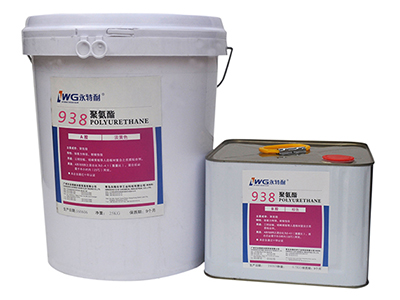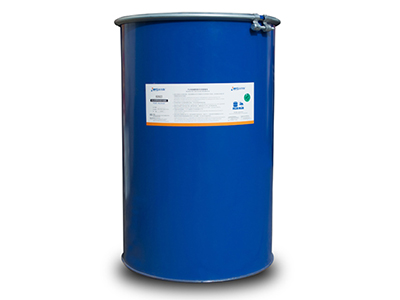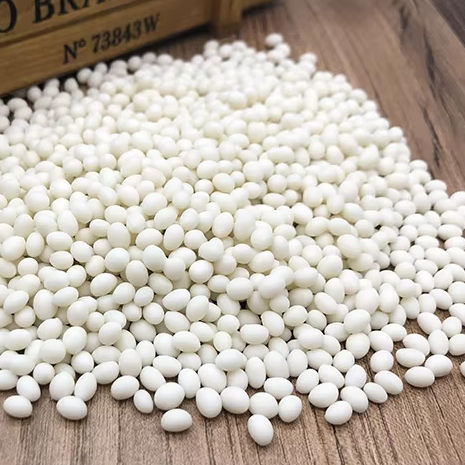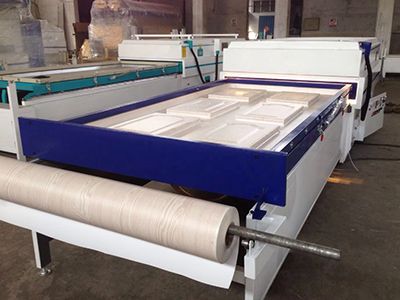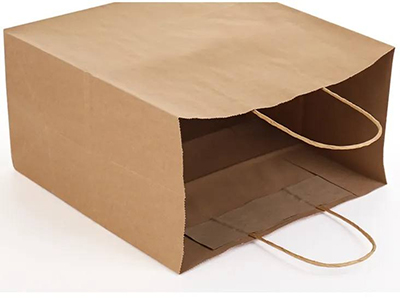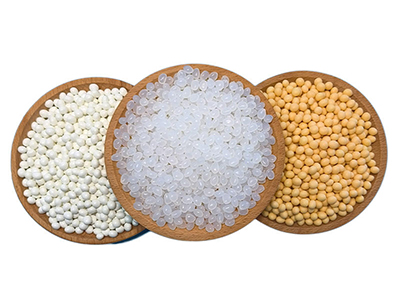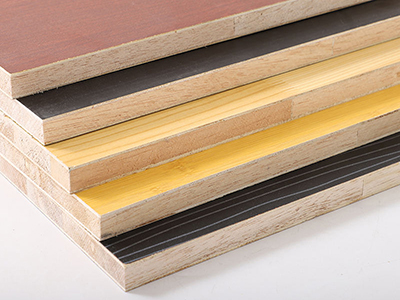What Are the Different Types of Industrial Glue?
Industrial glue is essential in a wide range of manufacturing processes, from assembling products to providing strong bonds in heavy-duty applications. Understanding the various types of industrial glue available can help you select the best adhesive for your specific needs. In this article, we’ll explore the most common types of industrial glue, their unique characteristics, and ideal uses.
1. Epoxy Adhesive
Best for: Metal, Plastic, Wood, Ceramic, Glass
Epoxy adhesives are incredibly strong and durable, making them a go-to choice for heavy-duty bonding. They consist of two components: a resin and a hardener, which need to be mixed before application. Once cured, epoxy forms a bond that is resistant to temperature, water, and chemicals. This makes it ideal for industries such as automotive, construction, and aerospace.
Uses:
- Metal fabrication
- Construction materials
- Electronics assembly
2. Polyurethane Adhesive
Best for: Wood, Plastic, Metal, Concrete
Polyurethane adhesives are known for their versatility and strong bonding ability. They can bond a variety of materials, including wood, metals, and plastics. These adhesives are highly resistant to moisture, making them ideal for outdoor or high-humidity environments.
Uses:
- Furniture manufacturing
- Construction and flooring
- Automotive parts assembly

3. Acrylic Adhesive
Best for: Plastics, Metals, Glass
Acrylic adhesives offer fast curing and excellent bond strength, especially for metals and plastics. They are often used when quick setting times are required, and they maintain strong adhesion even in challenging environmental conditions like extreme temperatures or UV exposure.
Uses:
- Automotive assembly
- Electronics bonding
- Construction applications
4. Cyanoacrylate (Super Glue)
Best for: Small parts, Quick fixes, Metal, Plastic, Ceramic
Cyanoacrylate adhesives, commonly known as super glue, are fast-setting adhesives that form a strong bond almost instantly. They are ideal for smaller, precision bonding jobs and are used extensively in both industrial and consumer applications.
Uses:
- Electronics
- Small component assembly
- Repairs of small parts
5. Silicone Adhesive
Best for: Glass, Metal, Plastics, Rubber
Silicone adhesives are incredibly flexible and durable. They offer excellent resistance to weathering, moisture, and high temperatures. Because of their flexibility, they are often used in applications where the materials may expand or contract with heat.
Uses:
- HVAC systems
- Automotive seals and gaskets
- Construction (e.g., window sealing)

6. Hot Melt Adhesive
Best for: Paper, Cardboard, Wood, Plastics
Hot melt adhesives are applied in a molten state and solidify upon cooling. They are often used in packaging, labeling, and product assembly, thanks to their quick set times and ability to bond a wide range of materials. Hot melt adhesives are often preferred for their clean application process, as they do not require mixing or curing.
Uses:
- Packaging
- Carton sealing
- Textile and apparel manufacturing
7. Contact Cement
Best for: Wood, Laminate, Leather, Rubber
Contact cement bonds instantly when two coated surfaces are pressed together. It is typically used for bonding large surfaces, such as laminates and rubber. Contact cement is especially useful in applications where clamping is difficult or impossible.
Uses:
- Furniture construction
- Laminate installation
- Footwear manufacturing
8. Anaerobic Adhesives
Best for: Metal (Thread-locking applications)
Anaerobic adhesives are designed for use on metal parts that need to be locked in place, such as threaded components. These adhesives cure in the absence of air and are ideal for preventing loosening due to vibration or thermal expansion.
Uses:
- Thread-locking in machinery
- Automotive assembly
- Plumbing and piping
Choosing the Right Industrial Glue for Your Needs
When selecting an industrial adhesive, consider factors such as the materials being bonded, the environment, curing time, and required strength. Industrial adhesives are formulated to meet specific performance criteria, so choosing the correct type of glue can improve both the efficiency and quality of your manufacturing processes.
Key Considerations:
- Bonding material: Make sure the adhesive is compatible with the materials you intend to bond.
- Strength requirements: Choose an adhesive with the appropriate tensile strength for the application.
- Environmental resistance: If the application will be exposed to moisture, heat, or chemicals, select a glue that offers resistance to these conditions.
Conclusion
Understanding the different types of industrial glue is crucial for achieving the best results in your manufacturing processes. Whether you’re looking for a versatile, high-strength adhesive or something that can handle extreme temperatures, there is an industrial glue out there for every need. By selecting the right adhesive, you can ensure stronger, longer-lasting bonds for your products.


